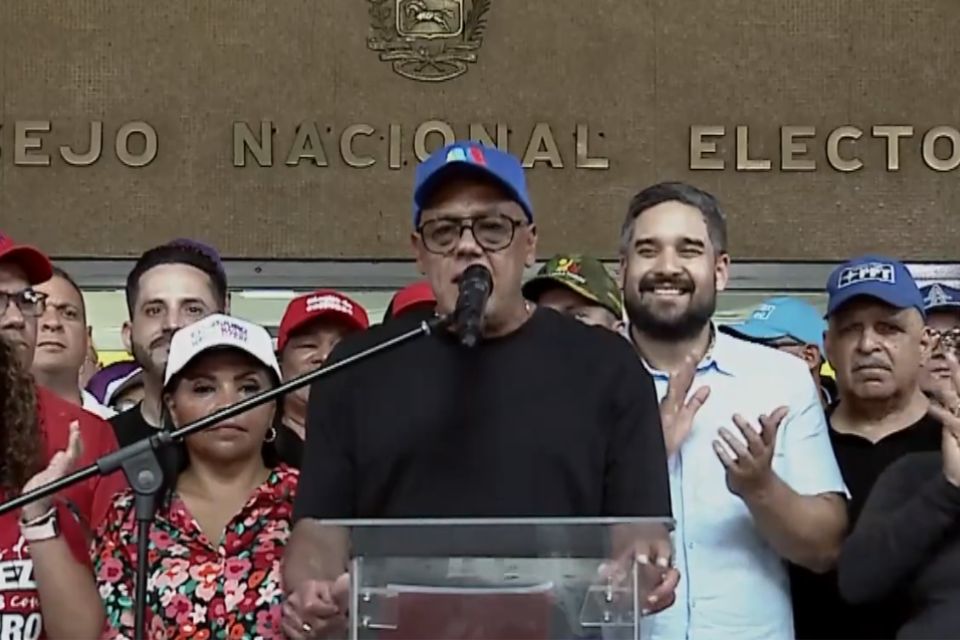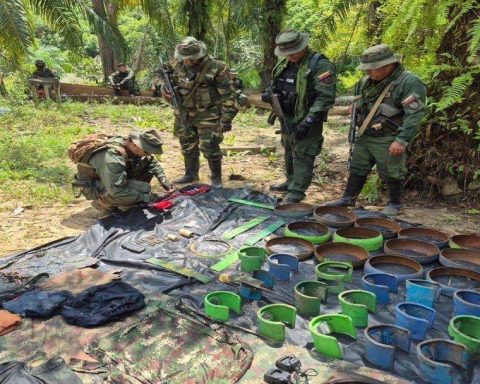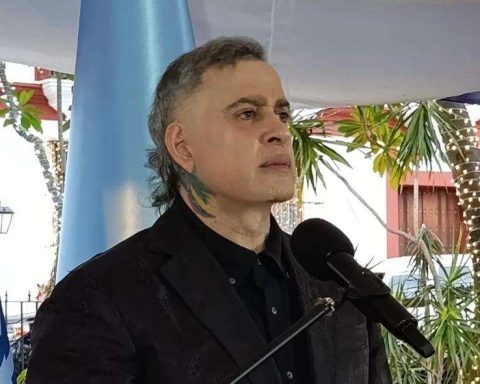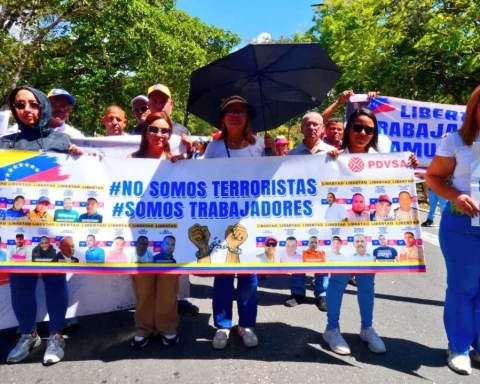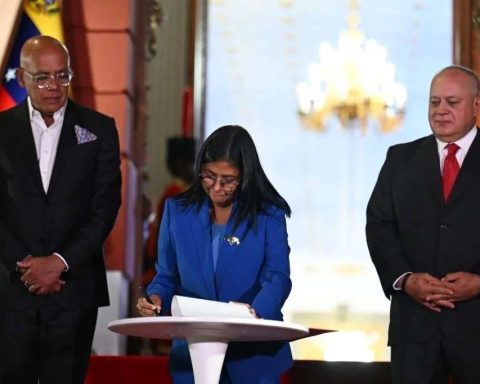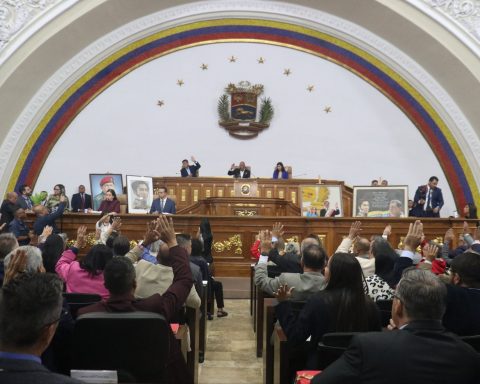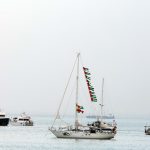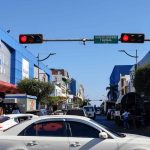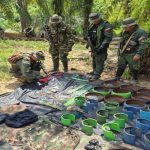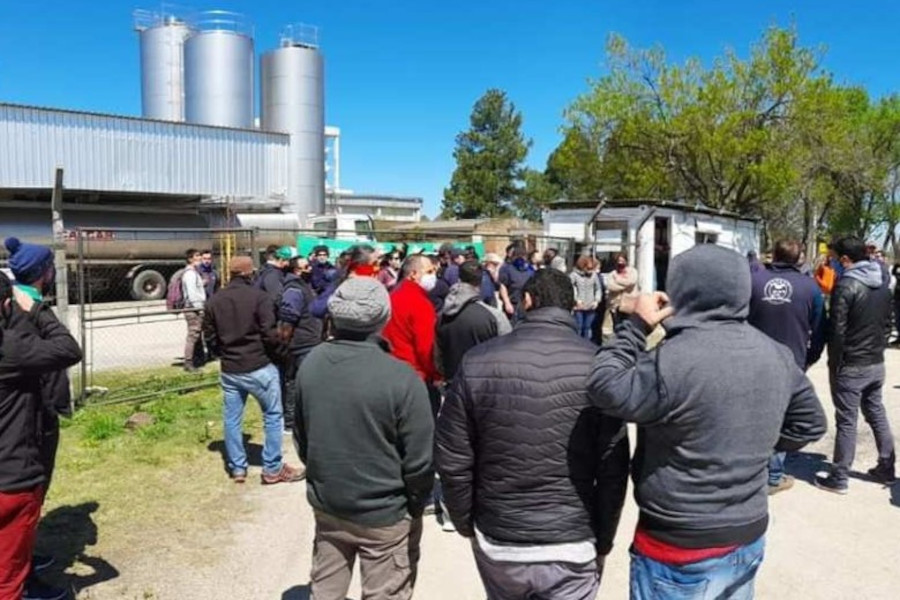The president of the National Office of the National Official Majority, Jorge Rodríguez, said that in the postulations of the Great Patriotic Pole there are people with experience in politics, but also young “with the renewed energy”
The president of the National Office of the National Office of the majority official, Jorge Rodríguez, went to the National Electoral Council this Saturday, April 12 to formalize the registration of the candidates of the Great Patriotic Pole.
From there he asked that each “vote be a punishment vote against them (opposition), against extremists, against violence, against those who requested sanctions, that each vote is a vote of consciousness, but also a vote of the future.”
He informed that the United Socialist Party of Venezuela (PSUV) registered 24 candidates for the governors and 285 candidates for deputies to the National Assembly and said that these were appointed after consulting more than 48,000 communities throughout the country.
“Millions of people went to the Assembly to prepare the proposals and we have also resorted to scientific methods to choose the best,” said the current deputy, who again aspires to a position in Parliament.
*Also read: System fallen for days and without CNE information: thus close applications at #25m
The deputy requested the CNE, after the applications are made and admitted, that calls all the parties “so that we all certify the respect for the electoral referee and the electoral results.”
Jorge Rodríguez explained that in the applications there are people “who have experience” in politics, but also “the youth that comes with renewed energy.” He said that most aspiring these positions of popular election are women.
“We will win the 24 State governorates next Sunday, May 25 and win a very high majority in the National Assembly,” he said.
Rodríguez asked candidates to reduce distances between pallets and people to listen to voters.
In the opinion of the president of Parliament, in the election of May 25 there will be “a resounding lesson of peace, democracy and true popular participation.”
*Journalism in Venezuela is exercised in a hostile environment for the press with dozens of legal instruments arranged for the punishment of the word, especially the laws “against hatred”, “against fascism” and “against blockade.” This content is being published taking into account the threats and limits that, consequently, have been imposed on the dissemination of information from within the country.
Post views: 424
